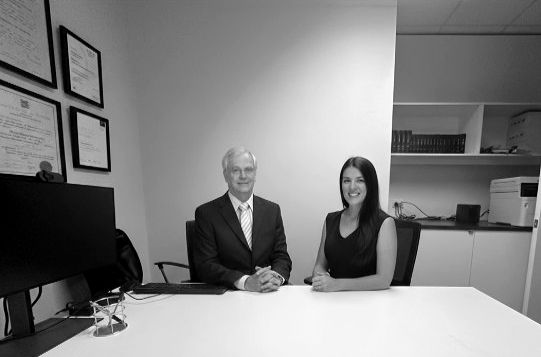Dennis Barton’s Comments in The West Australian 3 February 2020
- Administrator

- Feb 3, 2020
- 3 min read
Updated: Oct 31, 2024
Andep’s director, Dennis Barton, provided on commentary to Neale Prior of The West Australian regarding the industry vs. retail superannuation fund debate.

NEALE PRIOR
People trapped in poorly performing superannuation funds should ask some serious questions of their financial advisers amid mounting evidence that fees are draining nest eggs.
With official and private sector data showing overwhelmingly superior returns from industry super funds, there is growing evidence to question the preference of some financial planners to high-cost funds linked to institutional players.
Funds linked to the big four banks, AMP, Macquarie and major industry player IOOF were caught up in the fee-for-no-service scandal that raised serious questions about savings being systematically plundered.
While there has been a tightening of rules and practices around paying advisers, clients and former clients of these planners remain in funds whose fees too often dwarf the limited income the advisers and their value of advice businesses deliver to their customers. Some have mocked the advice of investment style recommended by the likes of Colonial First State and Westpac's Asgard to create portfolios carefully balancing risk and reward for clients.
The problem is that data submitted to the Australian Prudential Regulation Authority shows that many of these funds pay out bigger fees and overall generate risk-adjusted returns far below industry, corporate and public sector funds.
Actuary and financial adviser Dennis Barton said industry superannuation funds should be expected to perform a bit better than retail funds because they took extra risk by investing in illiquid assets, such as infrastructure and property funds not listed on share markets.
But Mr Barton, the former AMP adviser and banker at ANZ, said when you weigh up performance between funds it is important to look at the higher fees retail funds tend to charge. He argued with the maxim that past performance is not an indicator of future returns and said “the only thing you can predict is fees”.
“I think simply ask the question: ‘Why am I not in an industry fund?’” Mr Barton said.
Stockspot chief Chris Brycki, who publishes the annual Fat Cat Funds, agrees fees are the big differentiating factor between good funds and poorly performing funds.
“Investment performance comes and goes but fees cost you every year.”
Chris Brycki
His report last year identified funds run by AMP, ANZ-OnePath, Perpetual, MLC and Zurich as being some of the most bloated by fees.
Superannuation research group SuperRatings’ publicly available lists of best-performing funds tend to be dominated by industry funds across the various risk categories from their indexed capital stable to those with many years still in the workforce.
SuperRatings figures show an average rolling return of 8.6 per cent a year over the past 10 years for balanced funds with 60 to 76 per cent of investor money in growth-chasing, risky assets. The average return for capital stable funds with just 20 to 40 per cent growth assets was 6.1 per cent over the past decade.
When it comes to fees, the average total administration and investment fees for the balanced option of a superannuation fund with a $500,000 balance was $5875 — or about 1.18 per cent. The SuperRatings measure includes performance fees and indirect costs that are not always included in official reporting.
The average total fees for $100,000 invested in a balanced fund was $1287 — or about 1.29 per cent. The average fee for $50,000 was $694, or 1.39 per cent.
SuperRatings executive director Kirby Rappell said fees and returns data could be a basis for a conversation with a financial adviser about whether you’re in the right fund.
Mr Rappell said people should always be guided through a thorough process of selecting the right fund based on service and objectives.
“There has to be an explanation as to why this fund was chosen,” he said. “There needs to be a reasonable basis.”





Comments